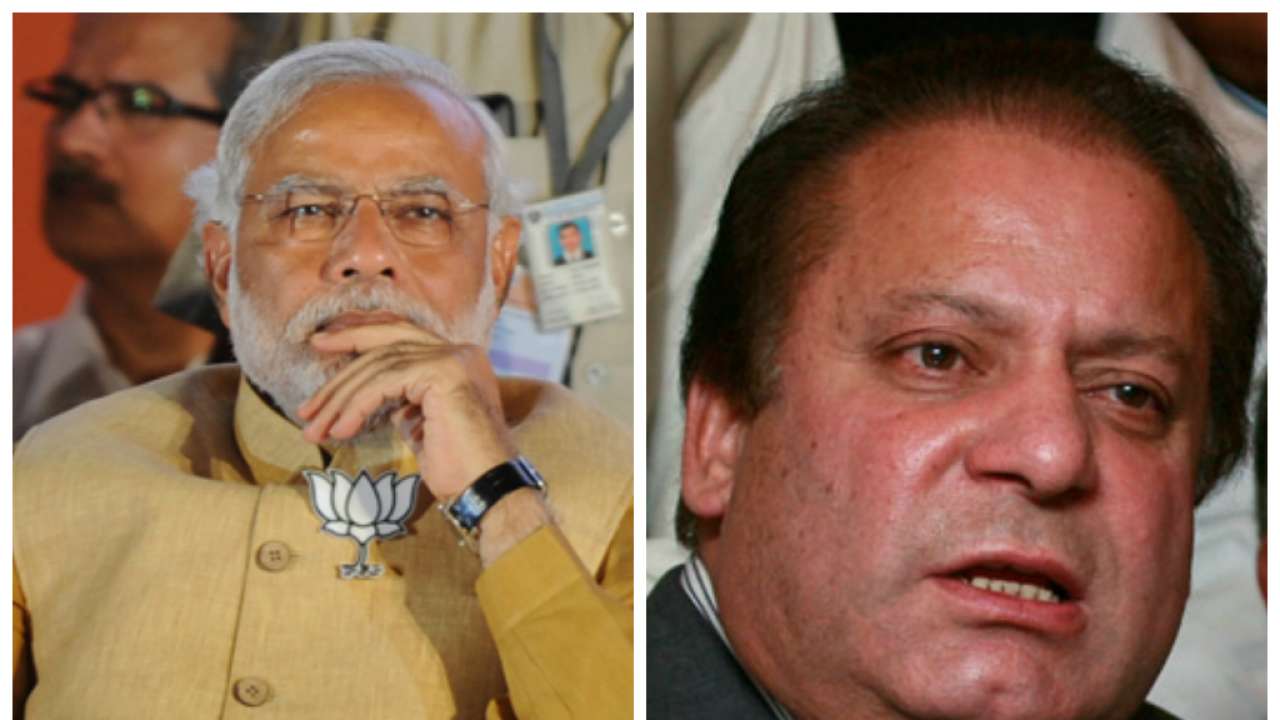
For all the hype surrounding the meeting between Prime Minister Narendra Modi and his Pakistani counterpart Nawaz Sharif, it was always going to be about symbolism rather than substantive issues. Both leaders touched upon the most pressing issues pertaining to security and terrorism while projecting an image of sober bonhomie. It was a positive beginning, given indications that the foreign secretaries might meet again. But real engagement and concrete gains will require both prime ministers to overcome domestic constraints — Sharif more so than Modi — and work around external factors over which they have little control.
At various points in their past engagement, both Delhi and Islamabad have made progress on the core issues of cross-border terrorism and Kashmir preconditions for further talks. Given the immense complications in making progress on either front, this approach is demonstrably doomed to failure. Unfortunately, the idea that these central issues can be shelved for a later date while economic engagement creates a better bilateral equation has proven equally untenable; the human costs of terrorism and border tension as well as the resultant shifts in public and political opinion are realities that cannot be blithely ignored. If the Modi-Sharif relationship is to achieve real progress, both sides must adopt a kitchen-sink approach this time around — entrenching dialogue mechanisms structured in a fashion such that they cannot be disrupted easily, proceeding along multiple tracks that deal both with areas where quick progress is achievable and the core issues.
Fortunately, there is no lack of options when it comes to the former. Sir Creek and Siachen are the perennial low-hanging fruits, but there are other fronts that could be even more productive. If Islamabad finally pulls the trigger on granting India non-discriminatory market access after its dithering over the past year, it would do a great deal to expand economic ties. Water sharing, meanwhile, is an area where India, as the upper riparian country, could take the initiative. Every environmental study points to increasing water scarcity in both countries; this has led to tensions over India’s Kishanganga Dam on the Kishanganga river and the Baglihar Dam on the Chenab. A joint initiative for integrated basin management of the Indus and its tributaries could generate enormous goodwill.
Kashmir and terrorism are far knottier problems, of course. Taking a fresh look at the alleged proposals for turning the LoC into a soft border and working towards crisis management mechanisms are obvious choices. But this is easier said than done. Modi must be nuanced enough to apply pressure on the 26/11 trial front and terrorism in general without making them preconditions for further dialogue. He must also have the wherewithal to withstand domestic pressure for stopping engagement in case of violence at the LoC or a terrorist attack. And he must realise that for all of India’s claims that Kashmir is a purely internal issue, a political solution there is necessary for peace with Pakistan. Unfortunately, in all these cases, the BJP credo and his past rhetoric are to the contrary. As for Sharif, the Pakistani military-intelligence establishment will be looking over his shoulder when it comes to engagement with India — and there are already signs that with the US drawdown in Afghanistan, it is starting to take the country’s security policy back into its own hands. He has been burnt once in 1999; whether he will be willing or able to take the military on again is open to debate. The first step has been taken. The next few will be more testing.